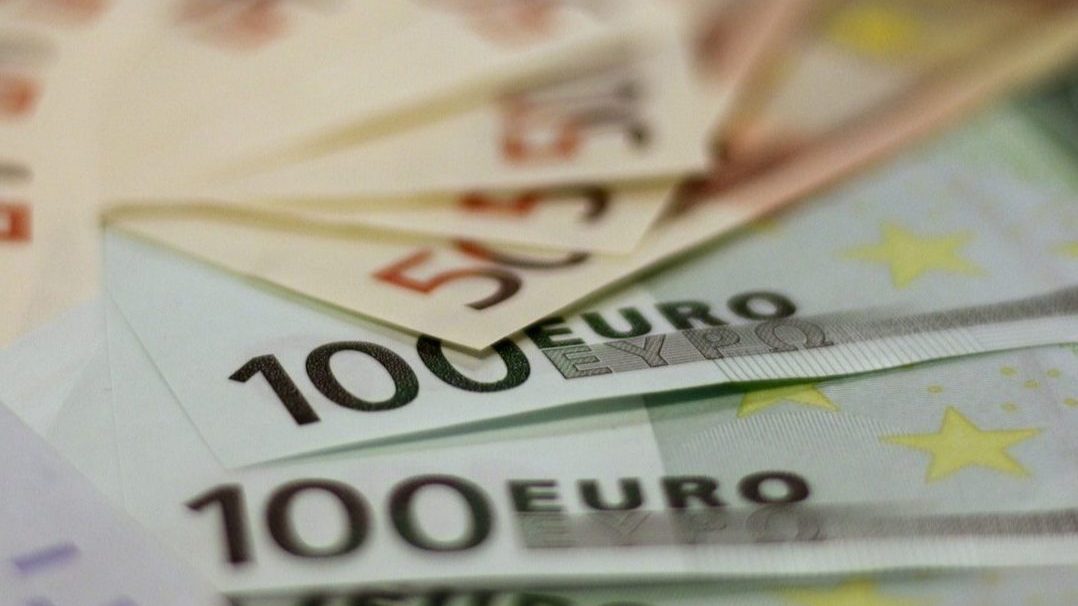Government waiting for Parliament to tax cryptocurrencies
António Costa's government believes it cannot tax cryptocurrencies without Parliament amending the IRS Code.
Spain already does it. France too. But Portugal is still one of the few tax havens for cryptocurrency speculators. The binding information of the Tax Authority exempts from the IRS capital gains obtained from the sale of currencies such as bitcoin. But the decree is about to turn five years old and ECO knows that the government is awaiting amendments to the law in Parliament, without which it believes it is impossible for the Tax Authority to tax this type of income.
Until the end of January 2022 there will be no progress on this matter, due to early elections. But cryptocurrencies are gaining more and more fans, especially small investors. In this context, ECO found out that there is some expectation that the IRS extension to cryptocurrencies will be discussed in Parliament during the next legislature.
When contacted about the possibility of currencies such as bitcoin being taxed under the IRS, an official source from the Ministry of Finance declined to comment. Tax exemption on cryptocurrencies is particularly difficult to justify in a country where capital gains from the sale of financial assets such as shares are subject to a 28% withholding tax (or another rate if the taxpayer opts for aggregation).
Cryptocurrencies gained worldwide fame in 2017, when the value of bitcoin reached a peak of almost $20,000. Since then, the ecosystem has developed and the market value has been close to $3 trillion.
Over the year, large institutional investors such as Tesla have plunged into these unregulated waters – in February, the carmaker invested $1.5 billion in bitcoin. And a growing number of smaller investors are putting savings into crypto-active purchases, incorporating more risk in search of higher returns, including in Portugal.
Once associated with fraud and criminality, cryptocurrencies are now under the watchful eye of multiple organisations, including the public sector. On November 30, the Bank of Portugal held an interbank meeting in Lisbon to discuss the creation of the digital euro by the ECB, as well as developments around bitcoin and cryptocurrencies in general. Early next year, it plans to launch a “contact group” about these topics, a line of dialogue with various players in the financial sector, and beyond, including the Portuguese Blockchain and Cryptocurrency Association.
On the sidelines of that Bank of Portugal meeting, ECO questioned administrator Helder Rosalino about the fact that no taxes are paid for the sale of cryptocurrencies. The official replied that “the Bank of Portugal is not a tax authority” and added: “If the authorities that have competence in this matter have made their assessment, or are making their assessment on this matter, I do not have to comment on that.”
Last September, the website Decrypt published a list of 11 countries that don’t tax bitcoin gains: “Portugal has one of the most crypto-friendly tax regimes in the world,” the publication wrote.


